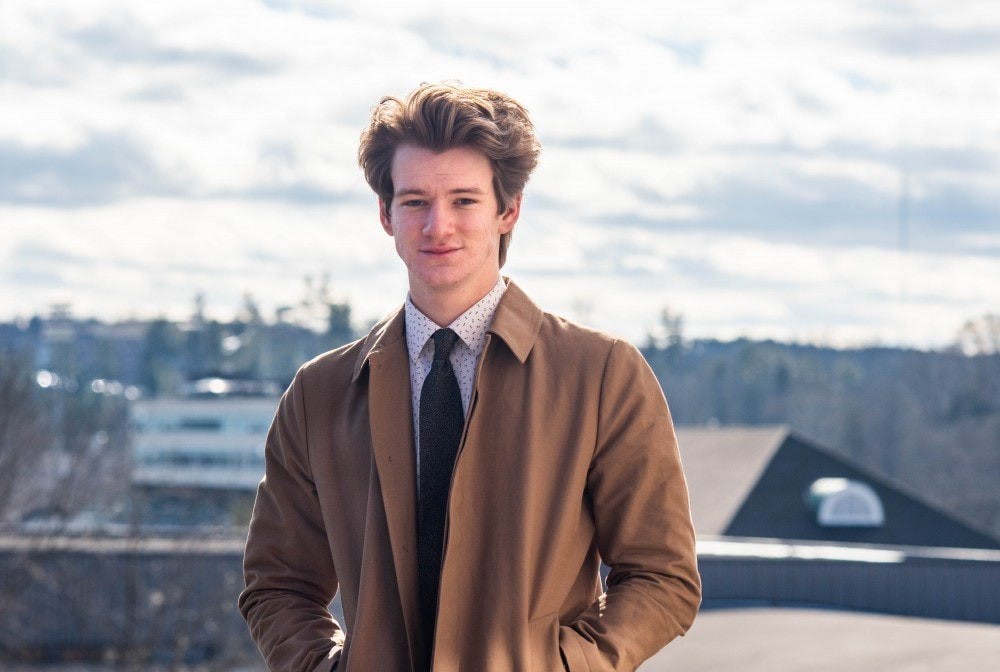Aaron Hernandez, disgraced NFL player and convicted murderer, was a case unlike any seen before him. By age 23, Hernandez had played in a Superbowl and secured a $40 million contract. At 25, he was a convicted murderer. And at 27, he was dead, found hanging in his Lancaster, Massachusetts, jail cell.
Netflix’s new limited series Killer Inside: The Mind of Aaron Hernandez attempts to analyze the crimes and death of Hernandez by delving into his environment. The most revealing aspect of the documentary series was Hernandez’s sexuality. Shortly before his suicide, Aaron Hernandez was outed as gay on a public radio show. The series goes deep into his past and attempts to tell his story as a closeted gay man living in the hyper-masculine environment that is the NFL.
Hernandez was not simply a product of his environment. There have been many closeted gay men prone to homophobia who don’t grow into murderers. But Hernandez’s story is an extreme example of the larger issue of toxic masculinity and male violence that permeates modern culture.
Hernandez is evidence the way we raise our boys to be men is broken, and while it has always been broken, it’s revolting against the changing world we live in. The world is supposed to be a more open and accepting place, and while problems with homophobia and hate still exist, gender identity and sexuality are more free than they ever have been. Unfortunately, through bad parenting and an environment that equates masculinity with brutality, boys still grow up believing their aggressiveness is what makes them men.
In 2018, 10,306 men were convicted of murder, seven times the number of females convicted. Men are not inherently more violent, but for a number of reasons, they are largely the perpetrators of violent crimes. While this issue is intricate and multifaceted, Hernandez is an example of what can happen when someone being raised to be someone they’re not is combined with a culture that not only rewards, but glorifies violence in men.
In 2019, Gillete, the namesake of Hernandez’s former home stadium, released a commercial titled “We Believe: The Best Men Can Be” that challenged Gillete’s hyper-masculine branding of the past after instances like the #MeToo movement.
The commercial was immediately challenged online for its critique of masculinity, and many claimed it was an attack on men. Despite the obvious holes in that logic, it reveals the larger issue. A conservative approach to how men should be raised is so deeply ingrained into our way of life, it will not be easily challenged or solved quickly.
Boys need to be told from an early age their vulnerability and emotional intelligence is just as valuable as other historically defining characteristics of manhood. Hernandez’s case was a sensationalized example of an everyday issue. Problems from bullying to mass violence can be linked to the childhood of the men involved. The only way to end this vicious cycle, and avoid raising a man who is as tortured and troubled as Hernandez, is to revolutionize the way we raise our boys.
Noah Wright is a junior studying strategic communication at Ohio University. Please note that the views and opinions of the columnists do not reflect those of The Post. Want to talk to Noah? Tweet him @NoahCampaign.






